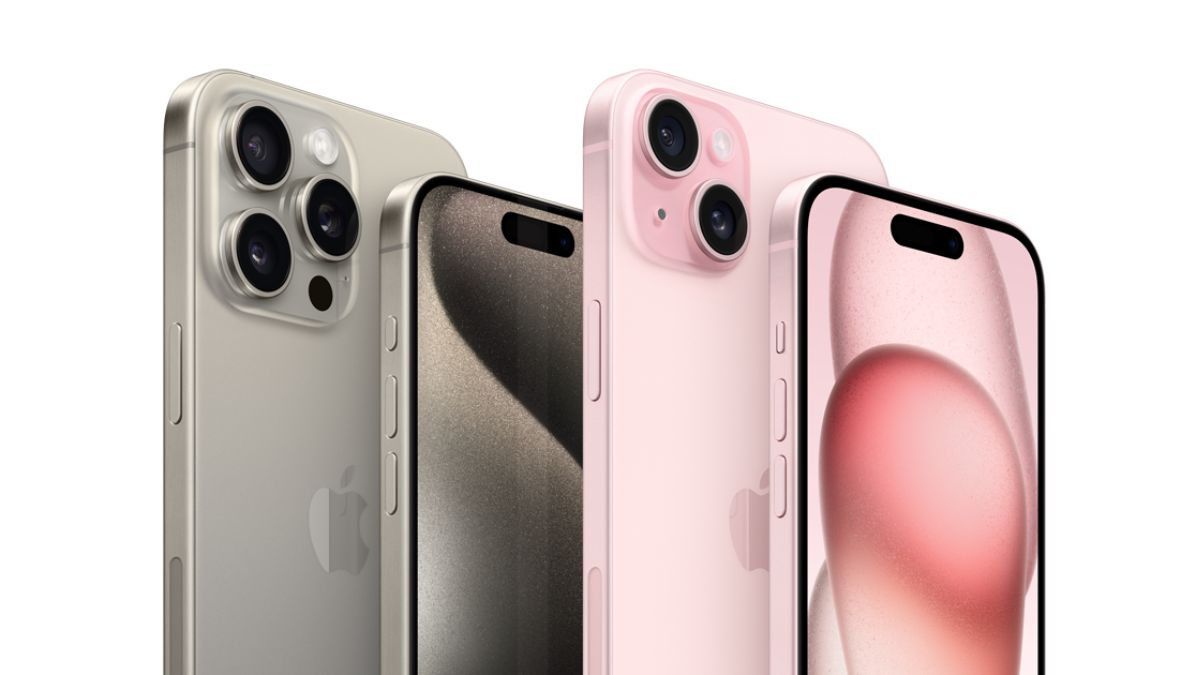When Steve Jobs unveiled the first iPhone in 2007, little did the world know that it would mark the beginning of a transformative journey for the mobile industry. What Jobs described as a “revolutionary product” went on to redefine smartphones and set the stage for Apple’s dominance in the market.
The original iPhone hit the shelves in June 2007, exclusively available with AT&T for $499. Despite initial skepticism, Apple managed to sell 1.4 million units by the end of the year, with a significant portion of sales occurring in the fourth quarter. However, the Nokia 3310, a formidable competitor at the time, outsold the iPhone with 7.4 million units in Q4 alone.
Gene Munster from Deepwater Asset noted, “The general sense was that this product, in one investor’s words, was dead on arrival.” Yet, this narrative changed in 2008 when Apple introduced the App Store, a move that set the company apart from its rivals. This innovation allowed the iPhone to evolve beyond a mere phone, becoming a platform for a myriad of applications.
“The App Store allowed your phone to become a lot more. That was the piece, that insight, other phone manufacturers didn’t see that coming,” Munster remarked.
Subsequent years saw a surge in iPhone sales, with Apple reaching the milestone of over 50 million units sold in 2011, propelled by the iPhone 4s. By 2015, the company was annually selling over 200 million iPhones. The iPhone became the industry standard, influencing the design and functionality of subsequent smartphones.
In 2018, a decade after its debut, Apple achieved another historic feat by becoming the first publicly traded U.S. company to reach a $1 trillion market cap. Today, the iPhone is a cornerstone of Apple’s ecosystem, contributing significantly to the company’s status as one of the most profitable globally.
Recent data from the International Data Corp. reveals that Apple has surpassed Samsung, its long-standing competitor, to become the world’s smartphone leader with just over 20% of the global market share. Despite challenges and evolving technologies, the iPhone remains a symbol of innovation, influencing not just the smartphone industry but the broader tech landscape.
As Apple continues to explore technologies like machine learning and AI for the iPhone, industry experts believe the product’s legacy will persist, albeit with the acknowledgment that the full potential of AI is yet to be fully harnessed within the iPhone ecosystem.


